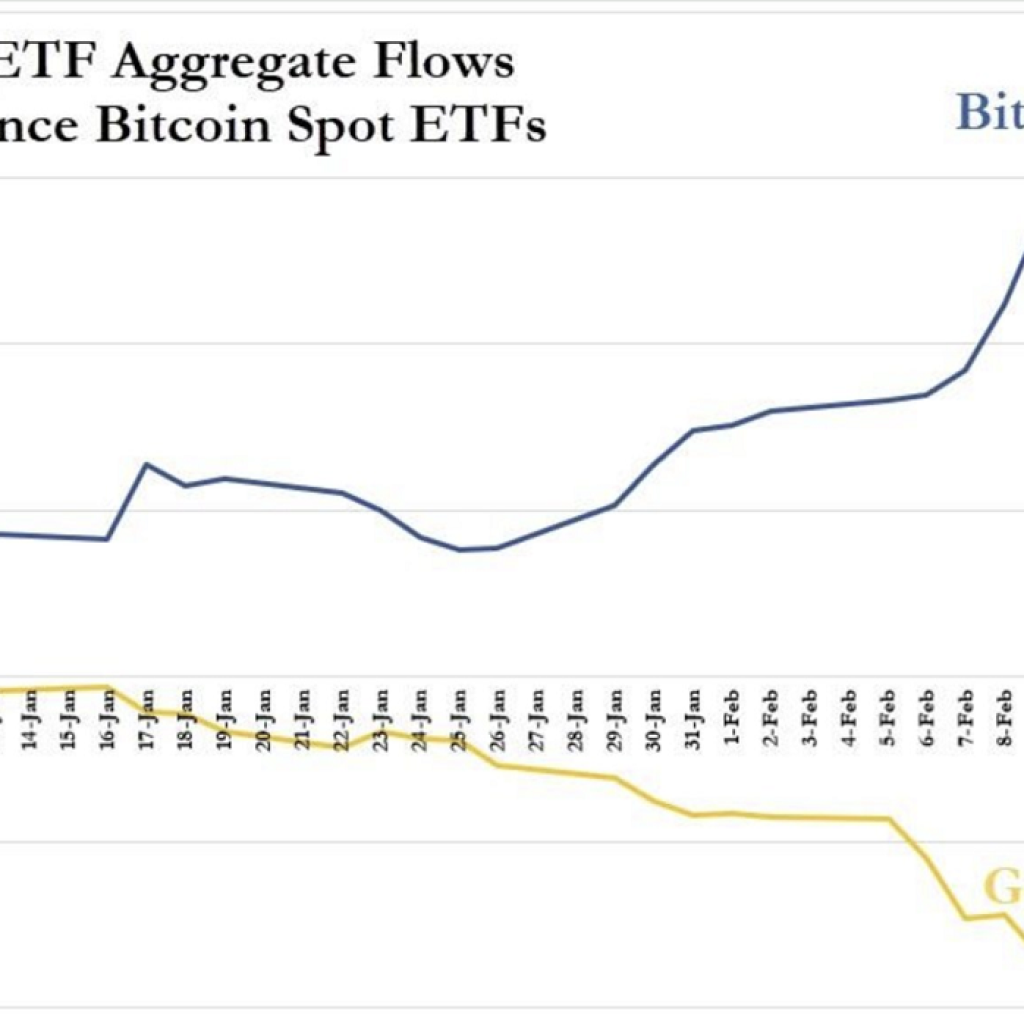In the heart of Texas, a state renowned for its affordable energy and welcoming regulations, Bitcoin miners are facing an unprecedented challenge. The ongoing energy crisis, intensified by recent extreme weather conditions, has forced many to shut down their operations temporarily. This situation underscores the vulnerabilities of the cryptocurrency mining industry and highlights the broader energy challenges the state is grappling with.
A favored destination faces power challenges
Texas has long been a preferred destination for major cryptocurrency mining operations, with industry giants such as Riot Platforms Inc. (NASDAQ: RIOT) and Marathon Digital Holdings Inc. (NASDAQ: MARA) setting up shop in the state. The cost-effective energy and accommodating regulations have made it an attractive hub for these digital gold diggers.
However, the state’s energy landscape is undergoing a dramatic shift. Recent extreme weather events have strained the power grid, leading to significant challenges in meeting the energy demands of both residents and businesses. The Biden administration declared a power emergency in Texas in response to the escalating situation.
Lee Bratcher, the president of the Texas Blockchain Council, shed light on the severity of the situation for Bitcoin miners. “We have consistently been seeing 90% plus curtailment of Bitcoin mining each day this week that power conditions tightened,” Bratcher remarked. He further noted that the only power not curtailed was vital for maintaining operations in office buildings and backup systems.
Cryptocurrency’s infrastructure: A double-edged sword
The current crisis brings to the forefront the intricate dynamics of cryptocurrency and its infrastructural challenges. The energy-intensive nature of Bitcoin mining has always been a point of contention, with critics pointing to its environmental impact. However, the situation in Texas underscores a more immediate concern: the industry’s reliance on stable and affordable power sources.
This isn’t the first time Bitcoin miners in Texas have faced such challenges. During a previous heatwave, industrial Bitcoin (CRYPTO: BTC) miners had to suspend their operations. The reasons were multifaceted, ranging from fluctuating Bitcoin prices and rising electricity costs to heightened competition in the mining sector.
Yet, some miners have managed to weather these challenges. By securing affordable long-term power contracts or participating in programs offered by the Electric Reliability Council of Texas, they’ve found ways to mitigate the risks. A case in point is Riot Platforms Inc., which earned a commendable $31.7 million in power credit in August by reselling pre-bought electricity.
The future of digital assets in Texas
The ongoing crisis in Texas serves as a backdrop for broader discussions about the future of digital assets. Benzinga’s Future of Digital Assets conference, scheduled for Nov. 14, aims to delve deep into these issues. Industry experts will gather to offer invaluable insights into the current landscape of digital assets and discuss the potential trajectories for the future.
In addition to the immediate challenges, there’s speculation about Bitcoin’s future movements. Some experts predict a ‘Mid-Cycle Lull,’ signaling a potential bull run for Bitcoin in November 2024. Such predictions, combined with the current challenges, make the future of digital assets a hot topic of discussion.
Conclusion
The unfolding situation in Texas is emblematic of the broader challenges that industries reliant on consistent and affordable power face in today’s rapidly changing world. As Texas grapples with its energy problem, the cryptocurrency mining sector is at a crossroads. The state’s energy crisis underscores the importance of sustainable and resilient infrastructure for traditional industries and emerging sectors like cryptocurrency mining.





